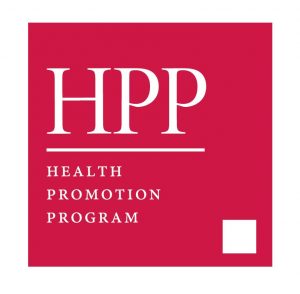Skills are a key part of the economyʼs infrastructure, and right choices made by policymakers, enterprises, schools and individuals on investment in education and skills can help drive economic development. Although it is generally accepted that, in a market economy, it is neither possible to predict the future precisely nor to go back to a kind of manpower planning, it is still necessary to conduct research about trends and changes in labor market, devise strategies and plan actions which can influence the future path of the economy and the labour market. Important mission for the educational institutions providing professional education is to foresee those trends to be able to provide future professionals with employable skills that equip graduates for a fast-changing labor market.
Unfortunately schools are often slow to respond the changing needs and fail to anticipate or help shape the careers of tomorrow. One of the main reasons for that is the lack of information about labor market trends, which could serve as the basis for curricula development. Yet there are great expectations for schools to serve not only national but also regional and international economies.
The official title of the HPP project is
Aligning Professional Future-Oriented Training on Health Promotion to Boost Development and Economic Growth in Läänemaa and Helsinki-Uusimaa Regions
The project aims are to:
- Conduct a survey about the training needs and future skill demands in the health promotion sector, based on a similar methodology in both countries;
- Analyse the results and develop a holistic training strategy for vocational education and training and professional higher education providers on institutional level in both countries;
- Develop at least 10 new aligned professional higher educatiostudy programs (10 x 5 ECTS) and 6 new aligned applied vocational education and training study programs (6 x 5 ECVET) in the field of health promotion to improve the existing curricula based on the future skills needs identified in the survey;
- Implement all developed programs, evaluate the adequacy and make improvements.
The project is carried out with 549 666 euros from the European Regional Development Fund.



